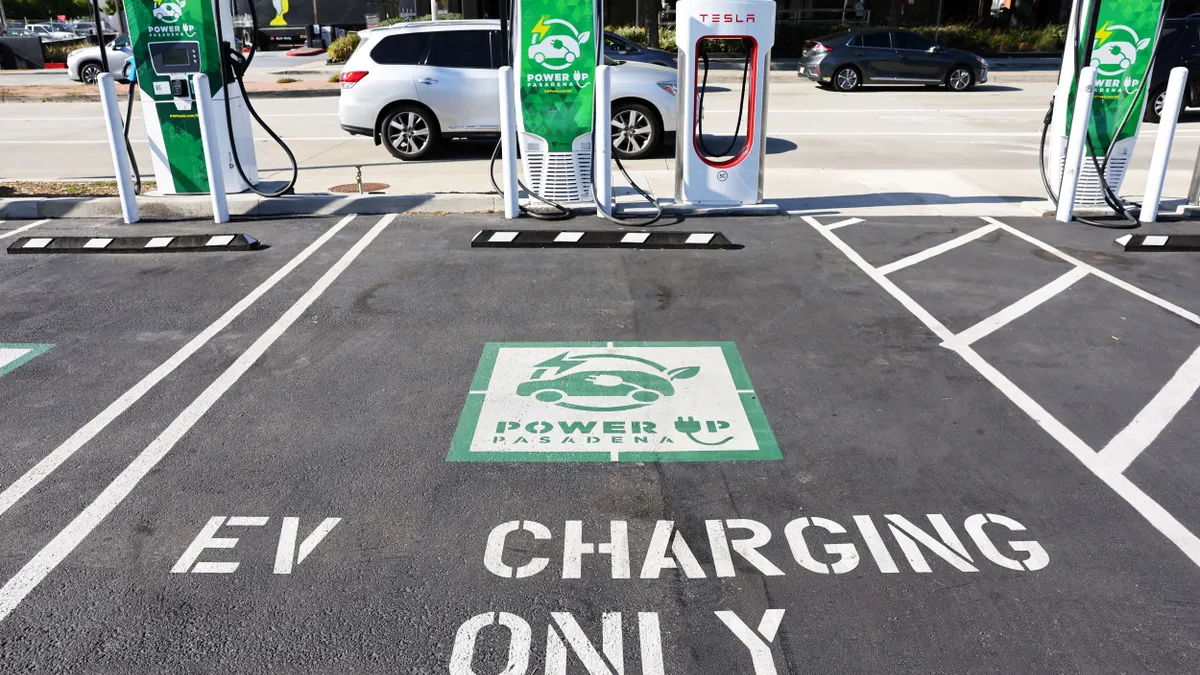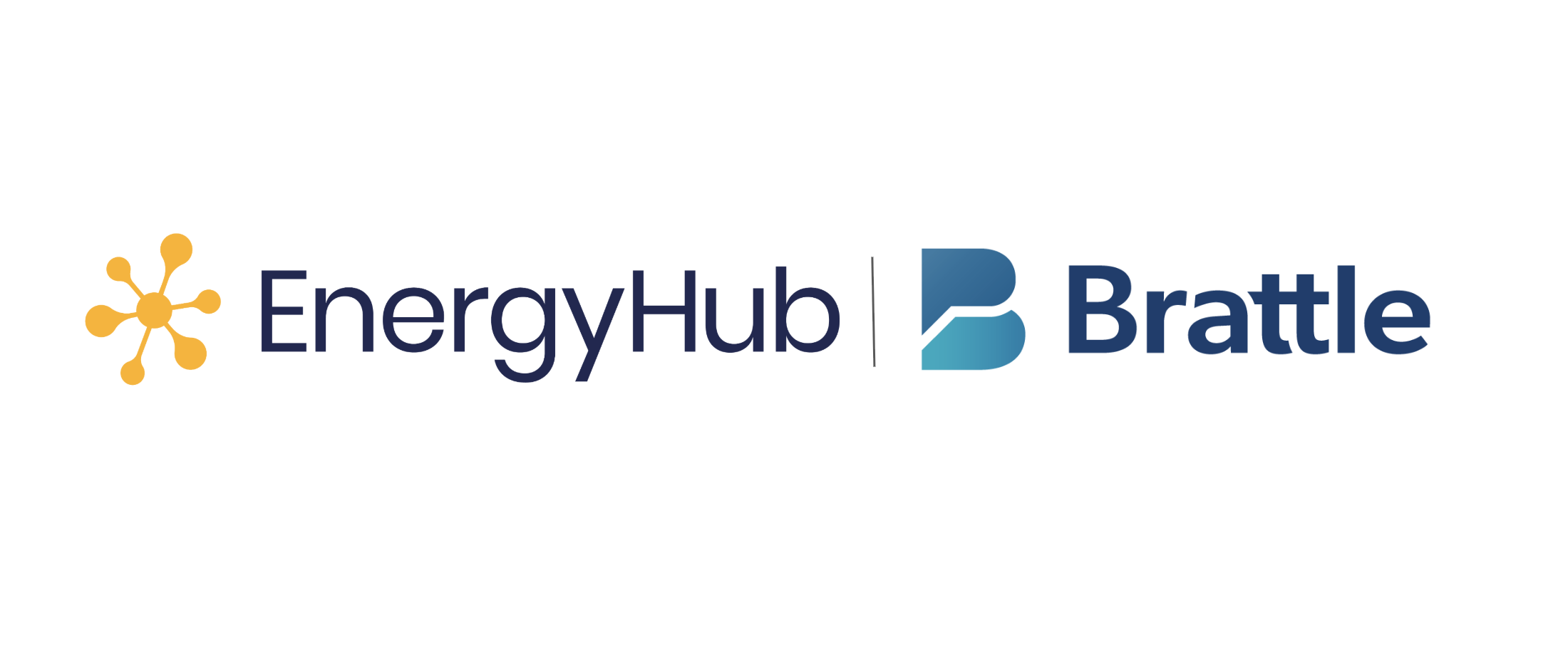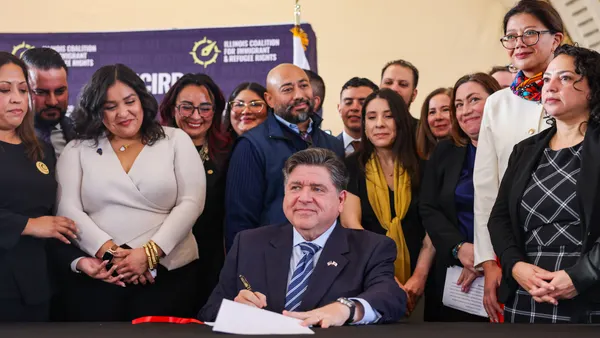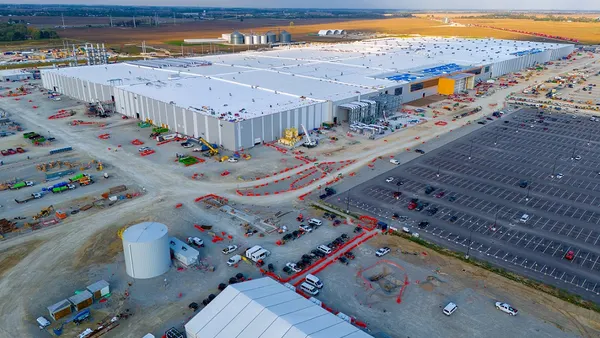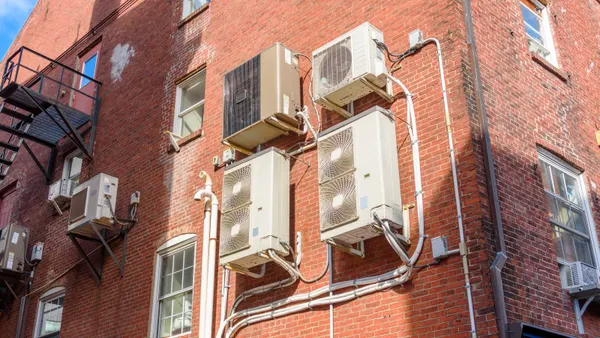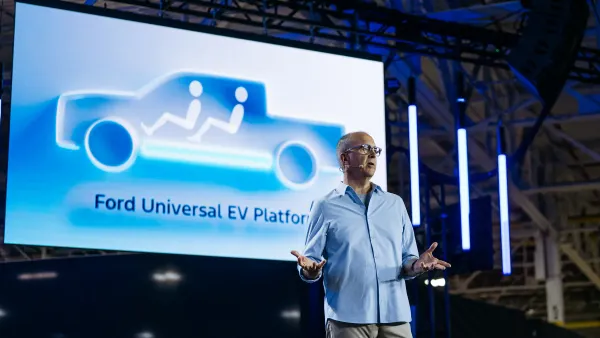Customer experiences with electric vehicle charging are steadily improving, according to a new report from J.D. Power, even as questions and challenges loom regarding the recently relaunched federal EV charging infrastructure program.
J.D. Power’s 2025 U.S. Electric Vehicle Experience Public Charging Study, released Aug. 14, found that just 14% of EV owners visited a charging station without being able to successfully charge their vehicles, down from 19% last year.
Still, overall satisfaction with public charging has actually fallen since 2024. DC fast charging satisfaction dropped 10 points to 654 points on a 1,000-point scale, and public Level 2 charging satisfaction fell 7 points to 607.
“While overall satisfaction scores decline this year, our data shows clear improvement in the reliability and success of public charging — a promising sign of progress for the industry,” Brent Gruber, executive director of the EV practice at J.D. Power, said in a statement.
According to the report, the cost of charging and ease of payment contributed to weakened overall satisfaction.
Survey respondents said cost was the least satisfying aspect of using DC fast chargers. Gruber said that this can partly be attributed to non-Tesla drivers more frequently using Tesla Superchargers, “which deliver a far less satisfying user experience relative to the costs incurred, in comparison to those of Tesla owners.”
He added that many DC fast charging networks initially kept prices low when entering the market, but as the market matured and electricity costs rose, charging prices increased accordingly.
While the Tesla Supercharger received the highest customer satisfaction ranking among DC fast chargers for the fifth consecutive year, overall satisfaction with the network declined 22 points since 2024 to a score of 709. Tesla’s score of 709 matched that of non-Tesla automaker-operated charging networks, such as the Mercedes-Benz Charging Network, the Rivian Adventure Network and Ford Charge, suggesting “strong early performance” by these newer networks, according to the report.
J.D. Power also found that first-time EV owners tend to be more satisfied with EV charging than long-time owners, who may have “higher expectations” than new owners, the report said.
Conducted in collaboration with the EV app PlugShare, the study surveyed 7,428 EV and plug-in hybrid owners on their satisfaction with both Level 2 and DC fast charging stations. The ratings were based on factors such as the ease and speed of charging; a station’s condition, location and availability; amenities available while charging; safety at the charging location; charging cost and payment processing.
Gruber emphasized that public charging challenges cannot be solved simply by adding more DC fast chargers to improve charging speed.
“Improving reliability, ease of use and addressing cost concerns are among a multitude of factors at play that must be prioritized to enhance the overall public EV charging experience,” he said.


